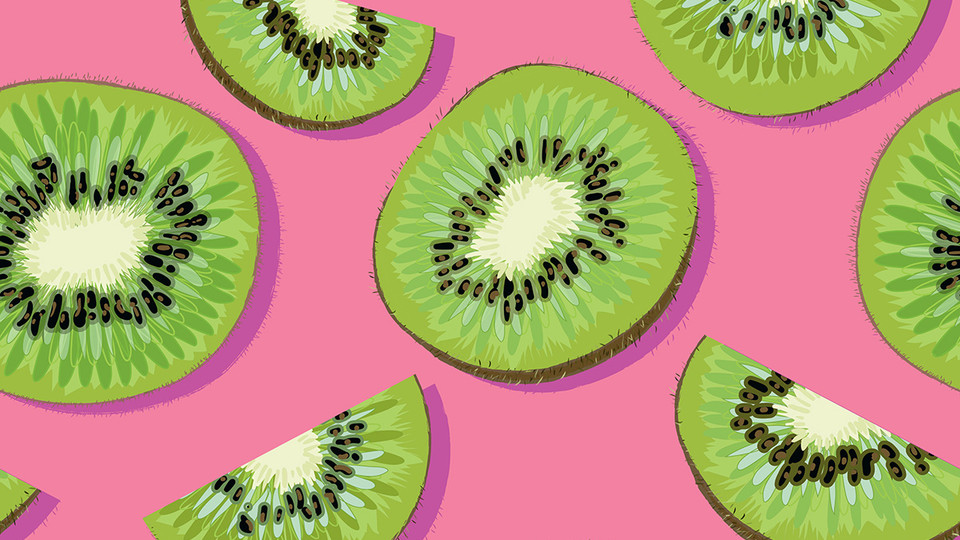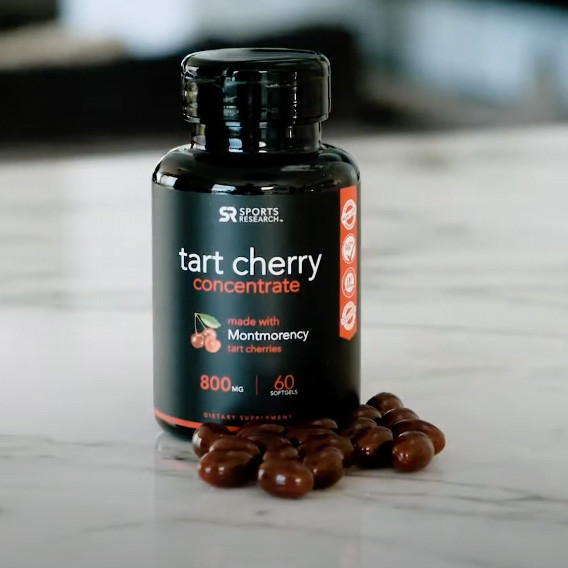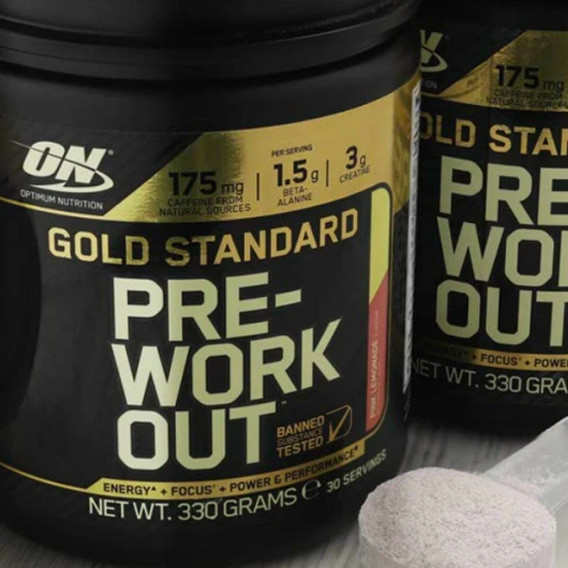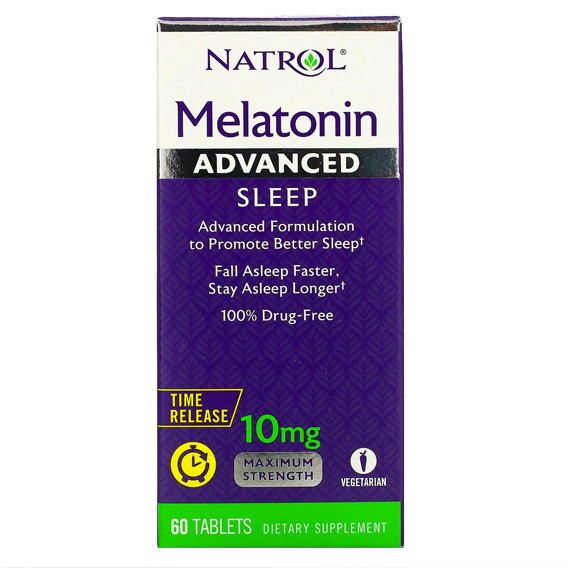
Despite being awake for longer, sleeping less is associated with increased calorie intake but there are no changes in energy expenditure in healthy individuals.[1]
Some of the reasons why we eat more on days we have a bad night’s sleep is:
- longer period of time awake means more opportunity and time to eat.
- increased hunger levels and changes in appetite hormone. Research has shown that reduced sleep resulted in increased ghrelin levels (hormone signalling hunger) and reduced leptin (hormone signalling satiety). It also resulted in increased desire to eat foods high in carbohydrates.[2]
- using food to reduce feeling of fatigue and temporarily increase energy levels
Thankfully, there are a wide range of foods and supplements available that may help you sleep
Better sleep results in higher energy levels, mood and appetite regulation. This list is ordered from new, promising research to more robust ways to improve sleep that have stronger evidence.
(Emerging Evidence: May be helpful)
Whilst these are a healthy way to get in more antioxidants, I’m still on the fence about drinking cherry juice and would not consider this as a reliable option to improve sleep. On the bright side, cherry season is just starting and will be at its peak from November to January in Australia in case you want to experiment for yourself!

Tryptophan-enriched foods and supplements
Tryptophan-rich foods or supplements appear to improve length of time asleep, sleep quality and sleep latency (time it takes to fall asleep). In particular, combining tryptophan-rich foods with carbohydrates helps tryptophan cross the blood-brain barrier and help create serotonin and melatonin (two chemicals that help with sleep).Since Tryptophan is an amino acid, tryptophan- rich foods are mainly protein- rich. This includes seafood, beef, chicken, eggs, tofu and dairy products.
Researchers compared the effect of tryptophan-enriched breakfast cereal (60mg tryptophan per 30g serve) with regular breakfast cereal (22.5mg tryptophan per 30g serve). In week 1 participants ate regular cereal for breakfast and dinner. In week 2, they swapped to tryptophan-enriched breakfast cereal and for week 3, they just ate their usual breakfast and dinner. Tryptophan-enriched breakfast cereal resulted in better sleep time and quality than both regular cereal and their usual foods.
In particular, tryptophan-enriched breakfast cereal was linked to falling asleep faster, reduced restlessness, longer sleep times, and improved sleep quality. Participants also reported lower anxiety and depressive symptoms.[12] Higher overall intakes of tryptophan from dietary sources was also associated with longer duration of sleep.[13]
Whilst tryptophan-rich foods in combination with carbohydrates may improve sleep, the research uses enriched foods that are not available in supermarkets. Tryptophan supplements and 5-HTP (5-hydroxytryptophan) have been shown to be more effective than placebo at alleviating depressive symptoms, however, evidence for their benefits on sleep remains anecdotal and limited. [14] Therefore, a supplement with more robust evidence for promoting sleep would be melatonin. Consult with your health care provider before starting any supplements or medications.
Moderate evidence for benefits:
Overall Diet Quality
Unsurprisingly, having healthy diet and eating habits resulted in better sleep. The components of a higher quality diet that have been consistently been linked to better sleep quality include more food variety, fish, fruit and vegetables. Additionally, individuals who experienced poor sleep had higher intakes of refined carbohydrates including confectionary (sweets and chocolate), and had energy drinks and soft drinks more regularly. Irregular meal times and skipping breakfast are also linked to poor quality sleep. [15]
1. More Food Variety
Using nation-wide data from 5587 US adults, it was found that adults with the least amount of sleep (less than 5 hours a night) also had the least food variety and dietary fibre. Similarly, in a study with 1,548 adults living in urban areas, more food diversity was linked to a lower risk of having poor quality sleep. Participants in this study with higher quality sleep also had higher levels of fruit and vegetables which are great sources of dietary fibre, vitamins, minerals and antioxidants.
In addition, more food diversity and dietary fibre are both important for a healthy gut, weight management and can help prevent chronic diseases including cardiovascular disease. Research has shown that eating more than 30 different plant foods a week leads to a more diverse gut microbiome. This is because the bacteria in your gut is fed different types of nutrients and fibre. How many different plant foods (fruit, vegetables, wholegrains, nuts and seeds) do you eat a week?
2. Eat more fish protein
High intakes of fish was also one of the factors in the US study that appeared to benefit sleep.[16] The beneficial impact of eating fish frequently has been shown in multiple studies with Mediterranean-style diets also linked to better sleep in older adults. Fish are a great source of lean protein that can help keep your heart and brain healthy as you age.
The recommended amount of fish is 2-3 serves of 100g cooked fish or seafood per week. In particular, oily fish are rich in vitamin D and omega 3 fatty acids which are important for sleep regulation and overall health. If you want to learn more about the health benefits of seafood and are looking for sustainable seafood options, check out our recent seafood sustainability article.
3. Reduce intake of confectionary foods and refined grains
When it comes to carbohydrates and sleep, quality matters! If you want high quality sleep, choose wholegrains such as oats, multigrain bread and wraps, quinoa, barley, buckwheat, millet, bulgur, and brown rice and pasta. Higher intakes of confectionary foods (chocolate, sweets, pastries) and refined grains were linked to shorter and poorer-quality sleep. [17]
Higher protein when dieting
Heavily restricting calories can lead to poor sleep, which leads to you feeling hungrier during the day. It’s a vicious cycle that can be tough to get out of. Thankfully, there is evidence that having a higher protein diet improves sleep when dieting to lose weight. These improvements in sleep on a higher protein diet occur regardless of protein source with beef, pork, or soy and legume all demonstrating similar benefits. This was shown by participants closely monitoring sleep quality and food intake, ensuring that they’re eating in a 750kcal daily deficit. Participants swapped between eating a low protein diet (10% of total daily energy), moderate protein (20% of total daily energy) and high protein diet (30% of total daily energy) for 4 weeks each in a random order. Higher protein intakes were linked to better quality sleep.[18]
Strong evidence for benefits:
Dose and Timing of Caffeine
While you may feel the buzz from your coffee within 30 minutes, caffeine has a half-life of approximately 5 hours in the average healthy person. This means if you drink 1 espresso shot with 60mg of caffeine, it takes around 5 hours for half the caffeine (30mg) to leave your body. However, the half-life can range from 1.5 – 9.5 hours in different individuals. If you’re sensitive to caffeine like me, you may need to cut off your last coffee for the day before midday to ensure it doesn’t negatively impact your sleep quality.
Most individuals can handle around 200mg in one sitting while others may experience feelings of jitteriness, headaches, dizziness and rapid heart rate. For the healthy adult population, it is recommended that the maximum of 300-400mg caffeine per day is not exceeded which is 4-5 cups of coffee or tea. Don’t forget that soft drinks (even the no-added sugar ones), energy drinks and pre workout. Chocolate also has small doses of caffeine it but is unlikely to have a substantial impact.
Are you stuck in the coffee cycle?
| Drink | Average caffeine content |
| Nestle Instant Coffee (1 tsp) | 60mg |
| Regular cappuccino (1 espresso shot) | 100mg |
| Tea (black, green) | 30-50mg |
| Monster Energy (Zero Ultra) in 500mL can | 140mg |
| Iced Coffee with 2 espresso shots | 200mg |
| Coke (375mL can) | 50mg |
| Lindt Dark Chocolate (30g) | 15mg |
| Gold Standard Pre-Workout (1 scoop)* | 175mg |

Are you stuck in the coffee cycle?
You have one night of bad sleep and that leads you to have an extra coffee the following day, just to get through the day. This extra coffee keeps you up later and you end up with less sleep the day after so the cycle continues.
Coffee is great at increasing alertness, making us feel less fatigued and it tastes delicious. That’s why it’s easy to fall into the trap of using coffee on days we’re tired.
To avoid getting stuck in this cycle, stick to your usual amount of caffeine even on days you’re tired.
To get out of this cycle, gradually reduce your caffeine intake one day at a time. It’s tempting to just go cold turkey but I assure you, the caffeine withdrawal will not be enjoyable. Instead, swap one of your large coffees to a regular size. The next day, ask for a weak coffee or half-shot. Keep going until you get to a level where you’re getting a good night’s sleep.
Melatonin supplements
Melatonin is a hormone made in the brain that helps regulars your circadian rhythm (body clock that signals). Your body naturally makes melatonin to help you sleep, however, some people choose to supplement with melatonin for short periods of time. This is because melatonin supplements have been shown to be effective in assisting with jet lag, sleep disorder and sleep for shift workers.[19]
To help your body produce adequate melatonin, minimise blue light exposure an hour before bed and aim to get sunlight exposure within two hours of waking. If you’ve recently been struggling to fall asleep and want to get back into your regular sleeping routine, supplementing with melatonin may help. Check with your medical professional before commencing.

Is late-night screen time keeping you awake longer? Shutting of your electronic devices an hour before bed can help reduce your exposure to blue light and help your body naturally produce melatonin. Wearing blue-light filter glasses on days you have to stay up to finish a project or really good movie is also an option.
Reducing Alcohol before bed
Do you use a glass of wine before bed as a nightcap?
Whilst alcohol may help you fall asleep faster, it results in more interrupted sleep and can cause you to wake up throughout the night more frequently.[20] Alcohol in the evenings disrupts circadian rhythms and has even been shown to reduce melatonin levels by 15-20% in young adults.[21]
In addition, you may find that over time your tolerance for alcohol increases and you need more alcohol to feel sleepy. Relying on alcohol to fall asleep may be a slippery slope. Instead, experiment with having alcohol-free nights for a better night’s sleep



